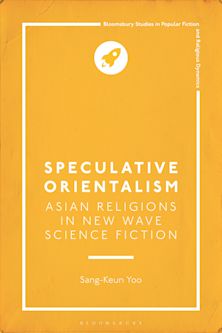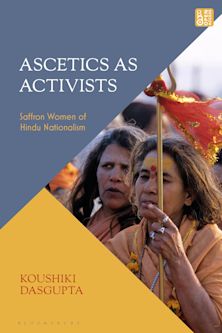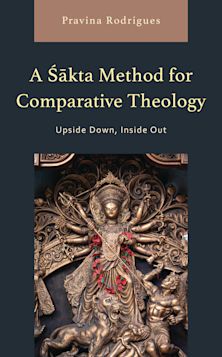Sacred Sound and the Transcultural Practice of Kirtan
Sacred Sound and the Transcultural Practice of Kirtan
This product is usually dispatched within 2-4 weeks
- Delivery and returns info
-
Flat rate of $10.00 for shipping anywhere in Australia
Description
Ancient ideas on sacred sound find a very tangible and lively expression in the practice of kirtan, which is a broad term referring to various forms of devotional singing commonly done in South Asian traditions. Kirtan is a core practice in the Hindu and Sikh faiths that is becoming increasingly popular around the world among people of all ethnicities, thus developing as a transnational and transcultural phenomenon. Indeed, the broader cultural implications and deepening social penetration that this practice has achieved over the past five decades suggest that it is attaining permanent status in the world’s religious soundscape. Sacred Sound and the Transcultural Practice of Kirtan explores the practice of kirtan as it has been re-created in the United States, Canada, and Brazil through multi-sided interactions that generate new cultural patterns in an ongoing process of cross-pollination. Approaching kirtan as a type of ‘technology of the self’, Gustavo Moura combines textual, historical, and ethnographic sources to address the questions of how this practice is adopted and adapted in the Americas and how it has been shaping identities, communities, and traditions.
Table of Contents
Introduction
Chapter 1: Indian Theories of Sacred Sound
Chapter 2: Kirtan Comes to America
Chapter 3: The Transculturation of Kirtan
Chapter 4: Tradition, Adaptation, and Authenticity
Chapter 5: The Soft Institutionalization of Kirtan
Conclusion
Epilogue: The Post-Pandemic Renewal of Kirtan
Appendix 1: Spotify Data for the Kirtan Artists Cited
Bibliography
About the Author
Product details
| Published | 19 Aug 2024 |
|---|---|
| Format | Hardback |
| Edition | 1st |
| Extent | 172 |
| ISBN | 9781666960914 |
| Imprint | Lexington Books |
| Illustrations | 12 BW Illustrations, 1 Table |
| Dimensions | 237 x 158 mm |
| Series | Explorations in Indic Traditions: Theological, Ethical, and Philosophical |
| Publisher | Bloomsbury Publishing |
Reviews

ONLINE RESOURCES
Bloomsbury Collections
This book is available on Bloomsbury Collections where your library has access.


































